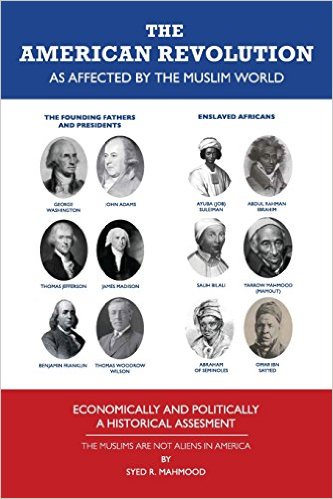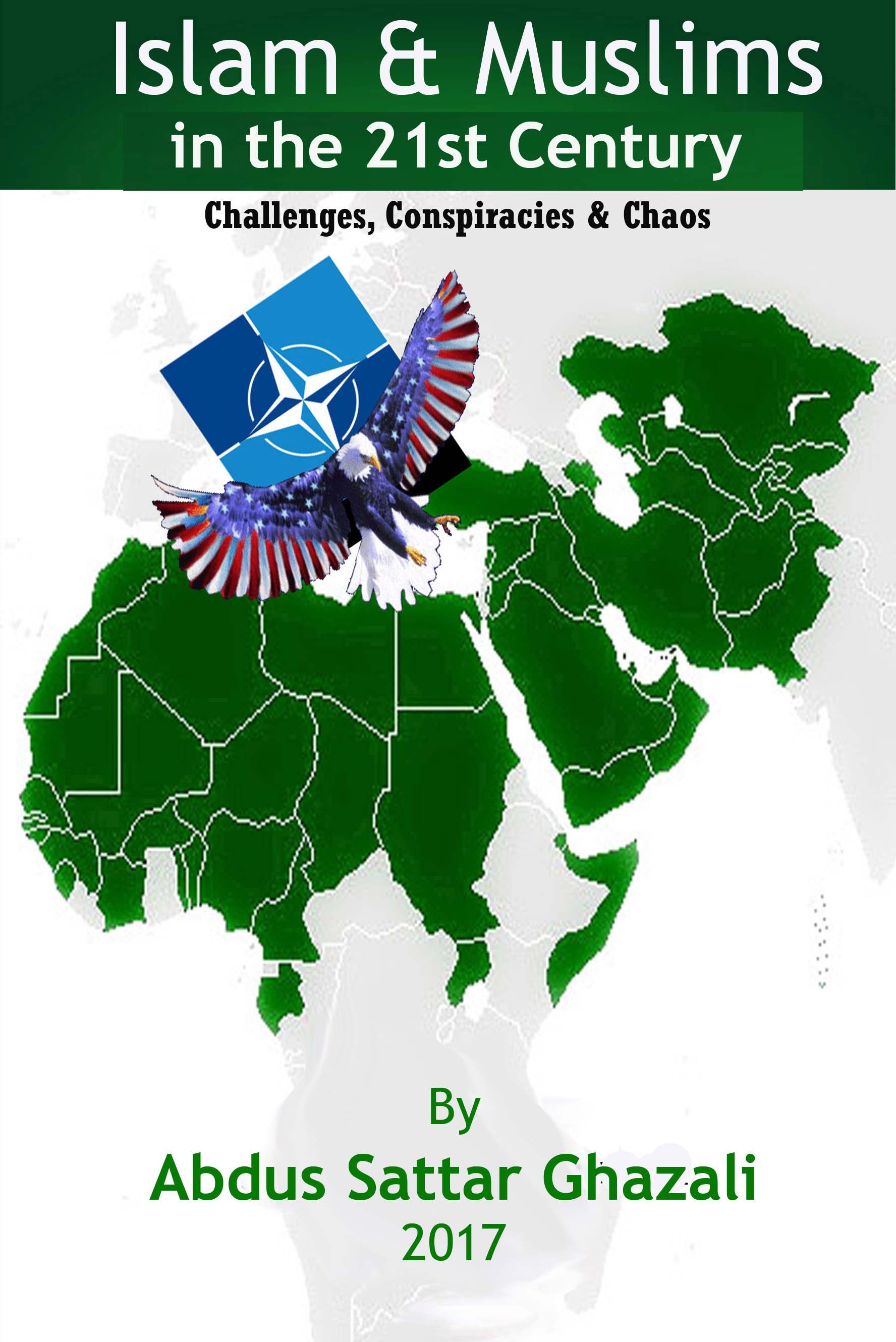January 14, 2020
Amid mounting anti-Modi demonstrations, India
threatens to seize Pakistan administered Kashmir
By Abdus Sattar Ghazali
Indian police baton-charged protesters Sunday (Jan 12) in Kolkata to stop them reaching Prime Minister Narendra Modi’s cavalcade as nationwide protests against a bitterly disputed citizenship law entered a second month. Tens of thousands staged protests through the night in the eastern city of Kolkata to denounce Modi’s weekend visit to the capital of West Bengal state, whose local rulers have strongly opposed the controversial Citizenship Amendment Act (CAA).
Amid massive anti-Modi demonstrations Indian Army Chief General Manoj Mukund Naravane has threatened that Indian army will seize Pakistan Administered Kashmir if it gets an order.
"There is a Parliamentary resolution, that entire Jammu and Kashmir region is a part of India. If Parliament wants it, then that area (PoK) also should belong to us. If we get orders to that effect, we will take appropriate action," the Army chief said while addressing a press conference in Delhi.
General Naravane took over as the 28th Chief of the Army Staff on December 30, succeeding General Bipin Rawat who has become India's first Chief of Defense Staff.
Hours after the Indian army chief’s statement, Pakistan Army dismissed the threat as ‘routine rhetoric’ which it said is aimed at diverting attention from the ongoing internal turmoil.
“Statements by Indian COAS to undertake military action across LoC (Line of Control) are routine rhetoric for domestic audiences to get out of ongoing internal turmoil,” Inter-Services Public Relations Director General Major General Asif Ghafoor said in a tweet. “Pakistan’s armed forces are fully prepared to respond to any act of Indian aggression,” he added.
Interestingly, a day after annexing the disputed territory of Jammu & Kashmir, Indian Home Minister Amit Shah told the parliament that when Modi government says Jammu and Kashmir, it includes Pakistan Occupied (read administered) Kashmir also. On August 18, Indian Defense Minister Rajnath Singh said: "If talks are held with Pakistan, it will now be on PoK.
Similarly, Indian external affairs minister S Jaishankar told the press on September 17: "Our position has, is and will always be very clear on PoK, that it is part of India and we expect one day we will have physical jurisdiction over it."
Consequently, leadership in Pakistan is alive to the Indian motives. Addressing a rally in Pind Dadan Khan on December 26, Prime Minister Imran Khan, said Chief of Army Staff (COAS) General Qamar Javed Bajwa has assured him that the country’s military was ready for India in case of an attack on Azad Kashmir.
Pakistan calls its administered Kashmir as Azad (free) Kashmir. “I am telling you now, [Indian Prime Minister Narendra] Modi will use this [protests against anti-Muslim laws in India] to do something in Azad Kashmir. I informed Gen Bajwa about this and he told me that Pakistan Army is ready for India,” the prime minister told the rally.
Tellingly, just few months before general elections in India where Modi’s extreme rightist Bhartia Janta Party (an offshoot of the extremist Rashtriya Swayamsevak Sangh) was seeking second term, the two countries had in February engaged in cross-border aerial missions, which had resulted in the shooting down of two Indian planes and capture of Indian pilot Abhinandan Varthaman by Pakistani forces. The captured pilot was eventually let go by Pakistan as a gesture of peace.
“The February 2019 crisis stopped short of war was due in good measure to luck. Next time, New Delhi and Islamabad may be less fortunate, especially if the crisis deviates from past patterns,” argue Toby Dalton and Gaurav Kalwani of the Carnegie Endowment for International Peace.
Alarmingly, Indian Defense Minister said in August last, India reserves the right to revoke its 'no first use' policy, the cornerstone of India's nuclear weapons policy for decades.
In response to Singh's comment on a rethink of its nuclear no first use policy, Pakistan said it stood ready to repulse any attack from India and also described Kashmir as a "nuclear flash point".
Pakistan Prime Minister of Pakistan, Imran Khan said: "When two nuclear-armed countries fight, if they fight a conventional war, there is every possibility that it is going to end up into nuclear war. The unthinkable."
"If say Pakistan, God forbid, we are fighting a conventional war, we are losing, and if a country is stuck between the choice: either you surrender or you fight 'til death for your freedom, I know Pakistanis will fight to death for their freedom. So when a nuclear-armed country fights to the end, to the death, it has consequences,” Imran Khan added.
India and Pakistan have fought three major conventional wars since 1947, along with several smaller border skirmishes. Most of the clashes are centered around the Kashmir region, where cross-border shelling frequently takes place along the Line of Control (LoC).

The Journal of America Team:
Editor in chief:
Abdus Sattar Ghazali
Senior Editor:
Prof. Arthur Scott
Special Correspondent
Maryam Turab
Your donation
is tax deductable.



